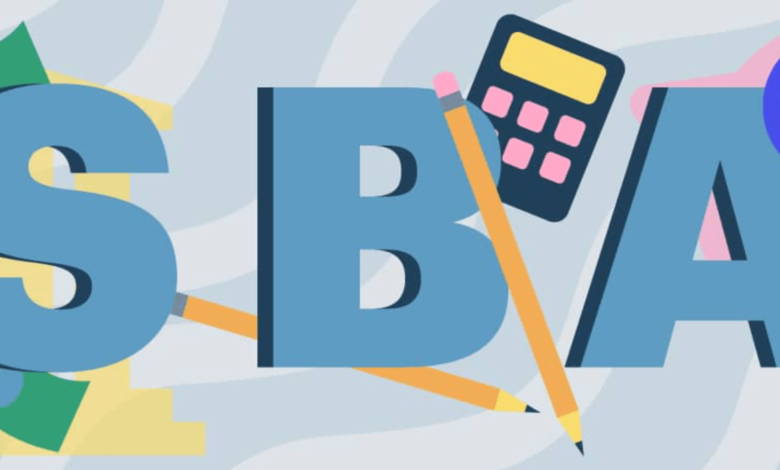What is an SBA Loan: To Small Business Administration Loans

In the ever-evolving landscape of business financing, small business owners often seek opportunities to secure funds to help them grow and thrive. One such opportunity is the Small Business Administration (SBA) loan. In this comprehensive guide, we will delve deep into the world of what is an SBA loan, providing you with a complete understanding of what they are, how they work, and how they can benefit your business.
Introduction to what is an SBA Loan
Small Business Administration loans, often called SBA loans, are a vital source of funding for entrepreneurs looking to start or expand their businesses. These loans are not directly provided by the SBA but are guaranteed by the government agency, making them more accessible to small businesses.
Types of SBA Loans
7(a) Loan Program
It provides financing for a wide range of business purposes, including working capital, equipment purchases, and debt refinancing.
CDC/504 Loan Program
The CDC/504 Loan Program focuses on real estate and equipment financing. It is an excellent option for businesses acquiring fixed assets or expanding their facilities.
Microloan Program
The Microloan Program offers smaller loan amounts, making it suitable for startups and small businesses requiring modest capital injections to start or grow.
Eligibility Criteria
Business Size
To be eligible for an SBA loan, your business must meet certain size standards, which vary by industry. Generally, a small business has fewer than 500 employees.
Credit Score
Lenders will assess your creditworthiness to determine the risk of lending to your business.
Collateral Requirements
While SBA loans typically require collateral, they may not require you to risk your personal assets. This can be a significant advantage for business owners.
The Application Process
Applying for an SBA loan involves several steps, including preparing your documentation, selecting the right lender, and completing the application form. The process may seem daunting, but with the right guidance, it becomes manageable.
Loan Amounts and Terms
Maximum Loan Amounts
SBA loans offer varying loan amounts, with the maximum typically being $5 million. The actual amount you can borrow depends on the type of SBA loan and the lender’s policies.
Loan Terms
SBA loan terms are flexible and can range from a few years to several decades, depending on the purpose of the loan.
Interest Rates and Fees
SBA loan interest rates are competitive, and fees are reasonable. Understanding the cost of borrowing is essential to make an informed decision.
Pros and Cons of SBA Loans
Pros
- Lower interest rates
- Longer repayment terms
- Accessible to startups
- Flexible use of funds
Cons
- Lengthy application process
- Strict eligibility criteria
- Collateral may be required
- Government regulations
How to Apply for an SBA Loan
Applying for an SBA loan involves gathering the necessary documents, choosing the right lender, and completing the application process meticulously.
Tips for a Successful Application
To increase your chances of approval, ensure your business plan is solid, your credit score is healthy, and you meet all eligibility requirements.
Alternatives to SBA Loans
While SBA loans are advantageous, other financing options are available, such as traditional bank loans, online lenders, and crowdfunding.
SBA Loan Success Stories
Discover inspiring stories of businesses that achieved remarkable growth and success thanks to SBA loans. Read more…
Frequently Asked Questions (FAQs)
1. What is the purpose of SBA loans?
SBA loans are designed to provide financial assistance to small businesses for various purposes, including startup capital, expansion, and working capital.
2. How long does it take to get approved for an SBA loan?
The approval process can take several weeks to several months, depending on the complexity of your application and the lender’s processing times.
3. Can startups qualify for SBA loans?
Yes, startups can qualify for SBA loans but must meet specific eligibility criteria and demonstrate their ability to repay the loan.
4. Are SBA loans only for certain industries?
No, SBA loans are available to a wide range of industries, from retail and manufacturing to service-based businesses.
5. Can I use a loan to refinance existing debt?
You can use an SBA loan to refinance existing debt, provided it meets the program’s requirements and benefits your business.
In conclusion, what is an SBA loan are a valuable resource for small businesses seeking financial support. They offer competitive terms and flexible use of funds, making them an attractive choice for entrepreneurs. However, it’s essential to carefully assess your eligibility, prepare a strong application, and explore alternative financing options before deciding.
